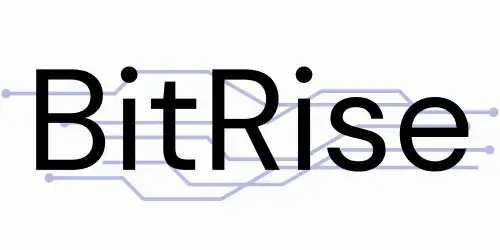A critical challenge at the core of developments in large language models (LLMs) is ensuring that their outputs align with the standards and intentions of human morality. Despite their complexity, these models can generate content that may be technically accurate, but may not align with specific user expectations or social norms. This misalignment highlights the need for effective mechanisms to guide LLM outcomes toward desired ethical and practical goals, posing a significant barrier to aligning machine-generated content with human values and intentions.
Current methods to address this alignment challenge mainly focus on modifying the training process of these models, using techniques such as Reinforcement Learning with Human Feedback (RLHF). However, these approaches are limited by their reliance on static, predefined reward functions and their inability to adapt to nuanced or evolving human preferences.
The researchers introduced a new framework, DeAL (Decoding Time Alignment for Large Language Models), that redefines the approach to model alignment by allowing reward functions to be adjusted at the decoding stage rather than during training. This innovation provides a more flexible and dynamic method for aligning model outputs with specific user goals.
Navigating this search involves using the A* search algorithm powered by an automatic regressive LLM. This system is finely tuned through hyper-parameters and a heuristic function designed to approximate alignment rewards, optimizing production results. As the search unfolds, the agent dynamically adjusts the starting state, modifying the input prompt to further improve output results. An important step in this process is action selection, where a select group of candidate actions is selected based on their probability as determined by the LLM. This approach is enhanced by alignment metrics that serve as heuristics to assess the potential of each action, with foresight mechanisms that offer valuable insights into the most promising pathways. The decision on the next action depends on a scoring function that integrates the probability of the action with the heuristic score, allowing a choice between deterministic and stochastic methods. The flexibility of this framework extends to the adaptation of programmatically verifiable constraints and parametric estimators as heuristics, addressing the gap left by previous work when considering parametric alignment objectives for LLM.
Experiments demonstrate the ability of DeAL to improve target alignment in various scenarios without compromising task performance. From keyword-constrained generation tasks showing improved keyword coverage on the CommonGen dataset to length-constrained summarization tasks on the XSUM dataset showing better length satisfaction, DeAL proves superior. It excels in scenarios that require abstract alignment goals such as harmless and serviceable, offering a flexible and efficient solution, especially in security situations. The ability of DeAL to be calibrated for specific alignment levels further highlights its adaptability and efficiency compared to traditional methods.
In conclusion, DeAL represents a remarkable advance in the quest for more aligned and ethically aware AI models. By integrating with current alignment strategies such as system prompts and detailing, DeAL enhances alignment quality. It is emerging as a key solution in security environments, overcoming the limitations of traditional methods that struggle with the integration of multiple custom rewards and the subjective biases of developers. Experimental evidence supports the effectiveness of DeAL in improving alignment, addressing remaining LLM gaps, and managing diversity, marking a significant advance in the development of ethical AI.
check it Paper. All credit for this research goes to the researchers of this project. Also, don’t forget to follow us Twitter and Google news. Participation Our 38k+ ML SubReddit, 41k+ Facebook Community, Discord Channeland LinkedIn Groops.
If you like our work, you will love our work newsletter..
Don’t forget to join us Telegram channel
You might also like ours FREE AI Courses….
![]()
Nikhil is a practicing consultant at Marktechpost. He is pursuing a comprehensive dual degree in Materials at the Indian Institute of Technology, Kharagpur. Nikhil is an AI/ML enthusiast who is always researching applications in areas such as biomaterials and biomedical science. With a strong background in Materials Science, he explores new developments and creates opportunities to contribute.





0 Comments
Trackbacks/Pingbacks